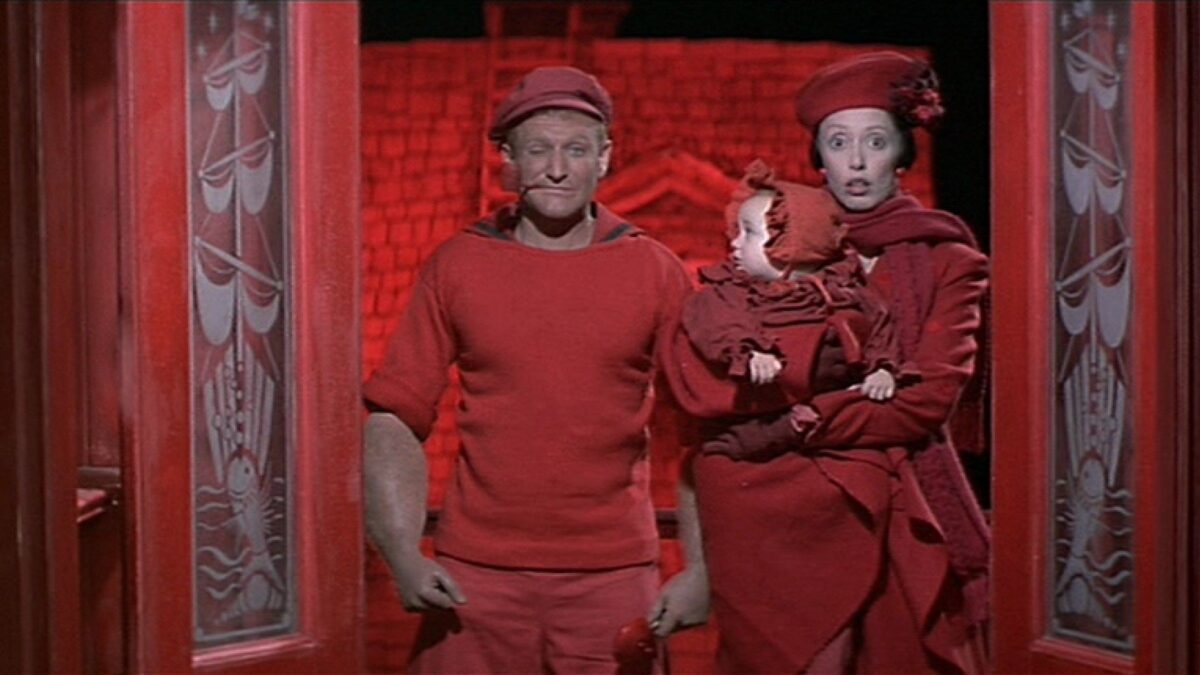
If you listen closely, you can hear Robert Altman’s overlapping lessons.
Robert Altman, a renowned American film director, was known for his unique and innovative approach to filmmaking. His films were characterized by realistic and authentic portrayals of characters, unconventional narrative structures, and a collaborative working style.
Altman’s films left a lasting impact on the world of cinema, and there are valuable directing lessons that aspiring filmmakers can learn from his body of work.
In this article, we will explore some of the key lessons that can be gleaned from Altman’s directorial style, including embracing collaboration, emphasizing realism and authenticity, experimenting with narrative structure, paying attention to sound and music, creating an ensemble atmosphere, embracing risk-taking, and attention to detail.
Let’s dive in.
What Are Some Directing Lessons We Can Learn From Robert Altman?
Altman was a highly influential American film director known for his unique approach to storytelling and his innovative use of sound and overlapping dialogue. Here are some directing lessons we can learn from Robert Altman:
-
Embrace a Collaborative Approach: Altman was known for his collaborative approach to filmmaking. He encouraged improvisation and input from his actors, and he often worked with a regular ensemble of actors who appeared in multiple films. He believed that the best ideas could come from anyone on set, and he created an open environment where creativity could flourish. As a director, learn to embrace collaboration and be open to ideas from your team, including actors, crew, and other collaborators.
-
Emphasize Realism and Authenticity: Altman was known for his realistic and authentic portrayals of characters and situations. He often used naturalistic dialogue, and his films had a documentary-like quality to them. He believed in capturing the messiness and complexity of human behavior, and he encouraged his actors to bring truth and authenticity to their performances. As a director, strive to create realistic and authentic moments in your films, and encourage your actors to deliver performances that feel genuine.
-
Experiment with Narrative Structure: Altman was known for his unconventional narrative structures. He often played with time, overlapping storylines, and multiple perspectives. He believed that traditional narrative structures could be confining and limiting, and he was willing to take risks and experiment with storytelling techniques. As a director, don’t be afraid to think outside the box and experiment with different narrative structures to create unique and memorable films.
-
Pay Attention to Sound and Music: Altman was known for his innovative use of sound and music in his films. He often used overlapping dialogue to create a sense of realism and capture the chaos of everyday life. He also paid careful attention to the sound design and used music effectively to enhance the mood and tone of his films. As a director, consider the power of sound and music in your films, and use them intentionally to enhance your storytelling.
-
Create an Ensemble Atmosphere: Altman often worked with a regular ensemble of actors and fostered a collaborative and inclusive atmosphere on set. He believed that a sense of community and trust among the cast and crew was crucial to the filmmaking process. As a director, strive to create an ensemble atmosphere on your sets, where everyone feels valued, and their contributions are encouraged and appreciated.
-
Embrace Risk-Taking: Altman was known for his willingness to take risks and push boundaries. He was not afraid to challenge the status quo and explore unconventional ideas and themes in his films. As a director, be willing to take risks, push boundaries, and challenge yourself creatively. Don’t be afraid to step out of your comfort zone and explore new territories in your filmmaking.
-
Attention to Detail: Altman was known for his meticulous attention to detail in his films. He paid careful attention to the set design, costumes, props, and other visual elements to create a rich and immersive world for his characters. As a director, pay attention to the details and strive for visual and sensory richness in your films to create a fully realized world for your characters to inhabit.
These are just a few of the directing lessons we can learn from Robert Altman. His innovative and unconventional approach to filmmaking has left a lasting impact on the world of cinema, and his films continue to inspire and influence filmmakers today.

Summing Up Some Directing Lessons We Can Learn From Robert Altman?
Robert Altman’s approach to directing was truly distinctive, and his films continue to be celebrated for their innovation and artistic merit. Aspiring filmmakers can draw inspiration from Altman’s directing lessons, which include fostering a collaborative working environment, prioritizing realism and authenticity, experimenting with narrative structure, utilizing sound and music effectively, creating an ensemble atmosphere, embracing risk-taking, and paying attention to detail.
By incorporating these lessons into r own directing style, filmmakers can strive to create unique and memorable films that push boundaries and leave a lasting impact on audiences.
So, take these lessons to heart and embark onr own filmmaking journey with a willingness to take risks and push the boundaries of storytelling.
Let me know what you think in the comments.














